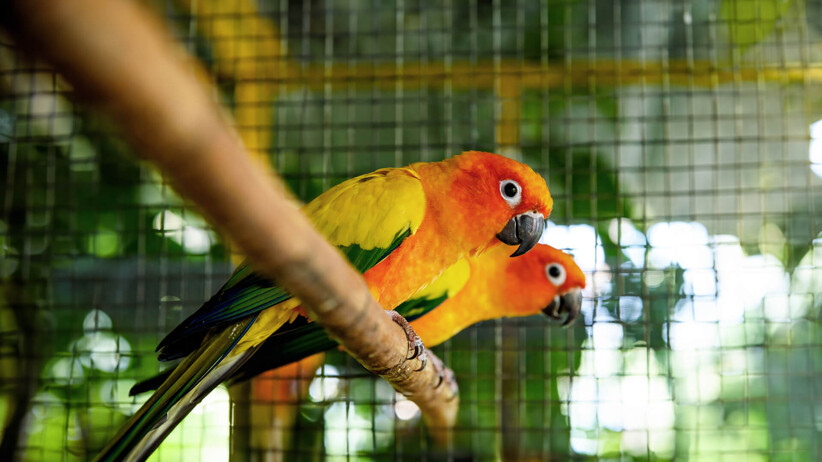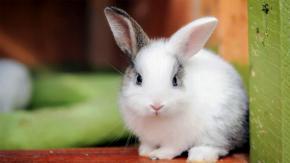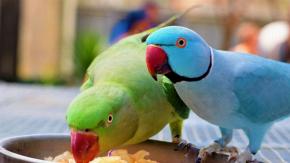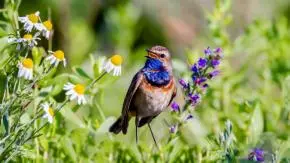If you’ve ever considered bringing the joy of pet birds into your home, you’ve come to the right place. Pet bird species come in various sizes, colours, and personalities, making them a fascinating addition to any household.
Whether you’re a seasoned bird enthusiast or just starting to explore the enchanting world of feathered friends, this comprehensive guide will provide valuable insights into the best pet birds for beginners and seasoned owners.
We’ll walk you through choosing the right bird species, creating a bird-friendly environment, ensuring proper care and nutrition, fostering a strong bond, understanding bird behaviour, and tailoring your choice to fit different lifestyles.
Whether you’re seeking a chatty parrot to brighten your days or a serene canary to add a melodic touch to your home, we’ve got you covered.
So, let’s embark on this feathered journey together as we explore the world of pet birds, their care, and the joys they can bring to your life.
Choosing the Right House Bird
Selecting the perfect pet bird to share your home requires careful consideration and understanding of different species.
The options can be overwhelming, From enchanting African Greys to affectionate and talking birds. But fear not, as we’re here to guide you through finding the ideal feathered companion that will bring joy and companionship to your life.
Begin your journey by researching various pet bird species to find the one that best suits your lifestyle. Some birds, like African Greys, are known for their exceptional intelligence and ability to mimic speech, while others may prefer a quieter and more laid-back environment.
Explore the characteristics of medium-sized birds, affectionate species, and talking birds to see which type aligns best with your preferences. Consider the space available in your home for your new avian friend.
Different species have varying space requirements, and while some may thrive in cosy settings, others may prefer larger aviary birds. Ensure that the bird cage or aviary provides ample space for the bird to move, perch, and stretch its wings comfortably.
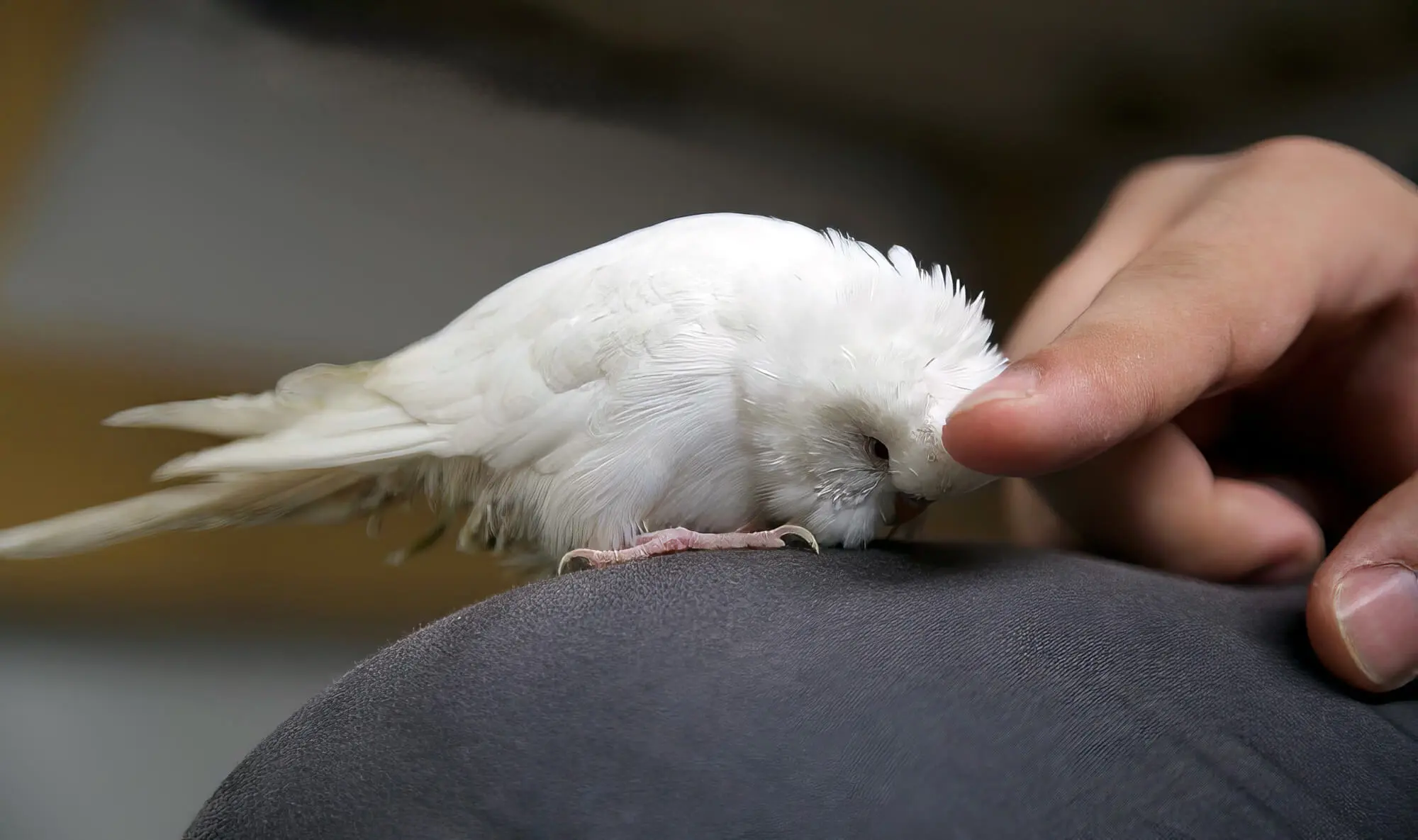
A crucial aspect of responsible bird ownership is maintaining a balanced and nutritious pet bird diet. Wild birds enjoy a diverse range of foods, and it’s essential to replicate this variety in their daily meals.
Consult with our experts at Planet Pet to learn about bird-friendly fruits, vegetables, seeds, and pellets that will keep your feathered friend happy and healthy. Birds are intelligent creatures that need mental and physical stimulation to thrive.
Incorporate perches, toys, and interactive elements in the bird cage to keep your pet bird’s mind engaged and prevent boredom. A bird bath can also be a delightful addition, allowing your avian friend to maintain its plumage and enjoy playful splashes.
As affectionate birds, your love and attention can significantly affect birds' well-being. Building a strong bond with your pet bird through regular interaction and positive reinforcement can lead to a fulfilling and rewarding companionship.
Owning a pet bird comes with responsibilities, and being prepared for potential challenges is essential. Educate yourself on common health issues, behaviour quirks, and training techniques to create a supportive and nurturing environment for your new feathered family member.
Creating a Bird-Friendly Environment
Designing a welcoming and bird-friendly environment is crucial for the happiness and well-being of your avian companion. Whether you’ve chosen small birds, trainable birds, or medium-sized parrots, providing a safe and enriching space is essential.
As a first-time bird owner or an experienced pet owner, these tips will help you create a harmonious setting that your feathered friend will love.
1. Secure and Bird-Proof Your Home
Before bringing your wonderful pet home, bird-proofing your living space is paramount. Birds are curious creatures, and their inquisitive nature may lead them to explore every nook and cranny. Ensure that windows and doors are properly closed and screens are intact to prevent accidental escapes.
Keep household hazards, such as toxic plants and chemicals, out of your bird’s reach to maintain a safe environment.
2. Choose the Right Bird Cage
Selecting the perfect birdcage is like choosing a cosy home for your new family member. Consider the size and needs of your pet bird when making this decision. Appropriate cages with narrow spacing between bars are essential for small birds to prevent escape.
Medium-sized parrots, such as Quaker parrots and Monk parakeets, require spacious cages to accommodate their playful and active nature.
3. Encourage Social Interaction
Birds are social creatures and interaction with their human and feathered companions is essential for their emotional well-being.
Place the bird cage in a central area of your home where your pet bird can observe family activities and feel like a part of the flock. However, ensure it’s away from drafts and direct sunlight to maintain a comfortable temperature.
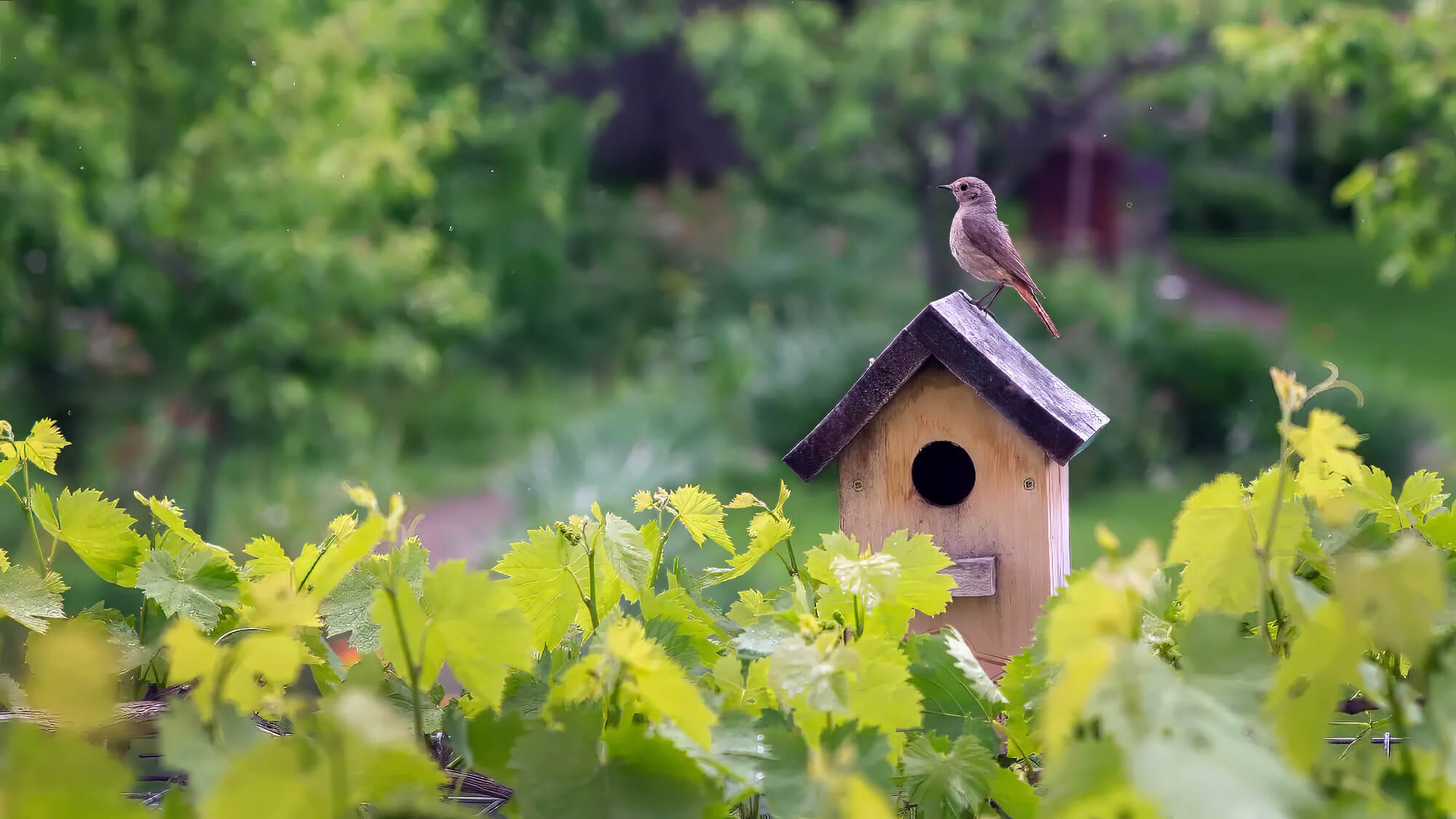
4. Provide Enrichment and Entertainment
Keep your bird’s mind engaged and prevent boredom by offering a variety of toys and perches like Pedi Perch.
Birds love to chew, play, and explore their surroundings, so include different textures, shapes, and colours in their toy selection. Rotate the toys regularly to keep your bird entertained and stimulated.
5. Consider Interaction with Other Pets
If you have other pets in the house, gradually introducing them to your new feathered family member is essential. Supervise their interactions, especially during the initial stages, to ensure peaceful coexistence.
Always prioritise the safety of your bird when introducing them to other animals.
6. Address External Parasites and Health Concerns
Regularly check your bird for signs of external parasites like mites and promptly seek veterinary care if health concerns arise. Maintaining a clean and hygienic environment is vital for your bird’s well-being.
Creating a bird-friendly environment involves careful planning and considering your pet’s needs. With the right approach, your beautiful bird will thrive, becoming an integral part of your family and bringing joy to your home for years to come.
House Bird Care and Nutrition
Proper care and nutrition are the foundation for your beloved pet bird’s health and happiness. Whether you have Grey-cheeked parakeets, Pionus parrots, or other beautiful birds, following these essential guidelines will keep them in optimal condition and make them the best pet companions.
Selecting the right cage is vital for your bird’s care. Ensure the cage is spacious enough for your pet to move freely and exercise. Opt for cage bars that are appropriately spaced to prevent any chance of escape. Additionally, consider using a cage cover at night to create a cosy and secure sleeping environment for your bird.
Birds enjoy mental and physical stimulation, and providing them with hanging toys, puzzle toys, and interactive elements will keep them entertained and active. Rotate the toys regularly to keep their interest fresh and prevent boredom.
A well-balanced diet is crucial for your bird’s well-being. Offer a variety of bird-friendly fruits, vegetables, seeds, and pellets to ensure they receive all the necessary nutrients.
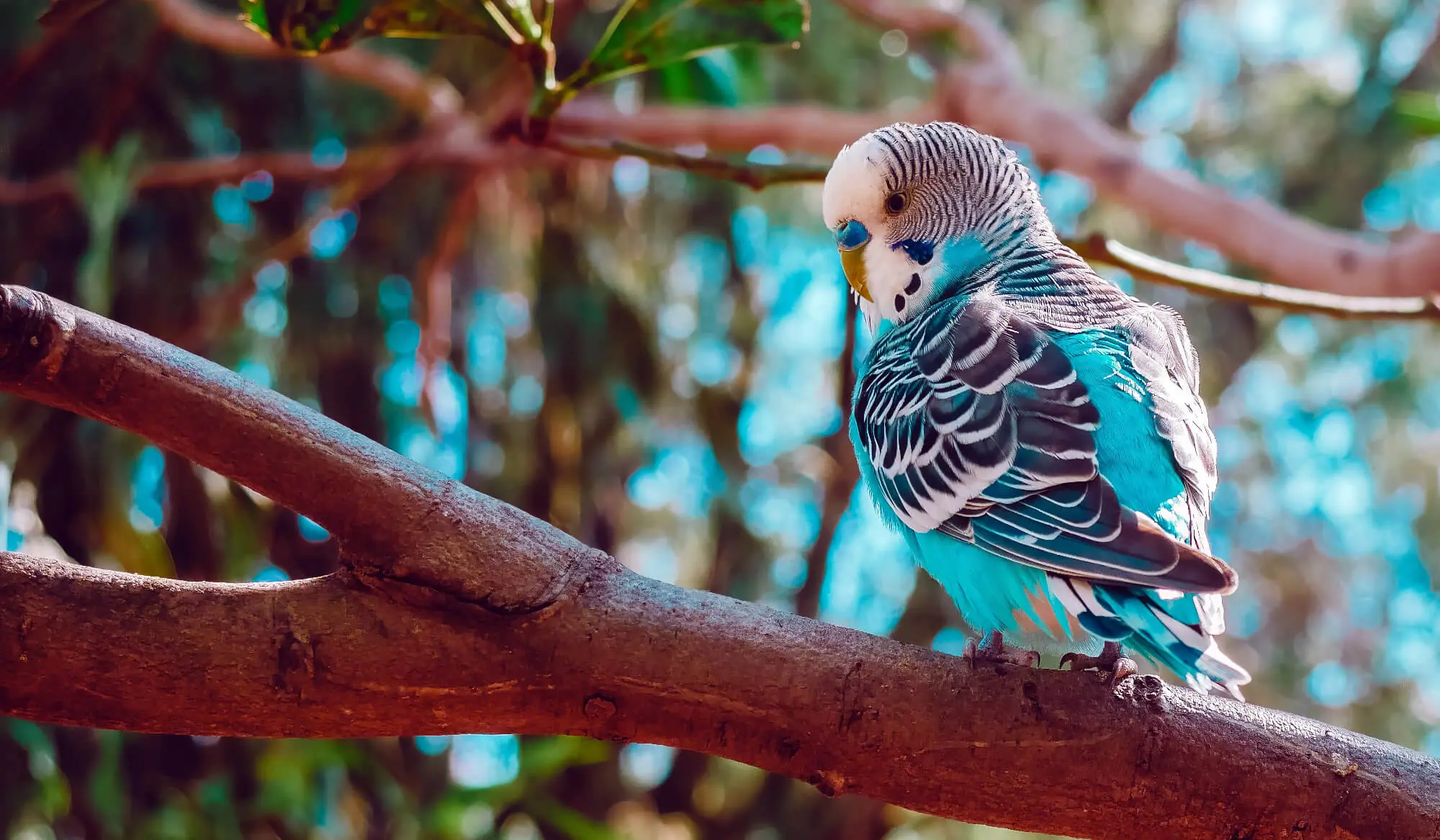
Avoid using air fresheners and cooking with non-stick pans around your birds, as the fumes can harm their sensitive respiratory systems. While providing a diverse diet is essential, it’s equally crucial not to overfeed your feathered friend. Monitor their food intake to prevent obesity and associated health issues. Remove any uneaten or spoiled food promptly to maintain cleanliness.
Building trust and a strong bond with your bird requires patience and consistent care. Ensure that only one person is initially responsible for primary care and handling, which will help your bird feel secure and avoid confusion.
Birds are social creatures that thrive on interaction with their human companions. Enjoy engaging with your bird daily to strengthen your bond and ensure their emotional well-being.
Remember, each bird has unique preferences and dietary needs, so observe your feathered friend closely to understand their specific requirements. By providing a nurturing environment, a balanced diet, and plenty of love and attention, you’ll ensure that your bird enjoys a happy and healthy life as an integral part of your family.
Bonding and Training
Building a strong and trusting bond with your bird is a rewarding and essential aspect of pet ownership. Whether you have a social bird that enjoys the company of others or a generally quiet bird that prefers solitude, these bonding and training tips will help you create a harmonious relationship and a happy, well-adjusted bird.
1. Patience and Consistency
Bonding with your bird requires patience and consistency. Spend time with your feathered friend every day, speaking to them in a calm and reassuring voice. Avoid sudden movements or loud noises that may startle your bird and hinder bonding.
2. Training with Positive Reinforcement
Training your bird can be an enjoyable experience for both of you. Use positive reinforcement, such as treats or praise, to reward desired behaviours. Whether stepping onto your hand or learning fun tricks, positive reinforcement will encourage your bird to repeat these actions.
3. Engage with the Same Toys
Introducing new toys can be an exciting way to keep your bird stimulated. However, allowing them to maintain some familiarity with the same toys can provide comfort and security in their environment.
4. Variety in Toy Selection
Offer a variety of toys made from different materials, such as metal toys, plastic toys, and hanging toys. Birds enjoy exploring different textures and playing with various shapes, which will keep them mentally and physically engaged.

5. Maintain Strong Bones and Beak
Chewing on toys regularly helps maintain strong beaks and trim your bird’s beak. Additionally, providing toys that require climbing and hanging can help strengthen their leg muscles and promote exercise.
6. Interaction with Other Birds
For social birds, having a companion can benefit their well-being. Consider housing at least pairs of social birds together, as they often thrive in the company of their kind.
7. Healthy Diet
A well-balanced diet is crucial for your bird’s health and well-being. In addition to high-quality bird food, they include fresh veggies and fruits in their diet to provide essential vitamins and nutrients.
8. Safety First
Ensure the safety of your bird by avoiding scented candles, air fresheners, and any other toxic substances. Birds have sensitive respiratory systems and can be affected by strong odours or fumes.
These bonding and training techniques create a trusting relationship with your bird. Remember, every bird is unique, so take the time to understand their preferences and needs.
With patience, love, and positive reinforcement, your bird will fly into your heart and become an integral part of your family.
House Birds for Different Lifestyles
When choosing a house bird, considering your lifestyle and preferences is essential. Different bird species have varying needs and temperaments, making some more suitable for certain lifestyles.
Whether you’re a busy individual, part of a family, or a retiree seeking a feathery companion, there’s a perfect house bird.
Let’s explore popular house birds and how they can fit into different lifestyles.
Busy Professionals or Individuals
If you have a busy schedule and limited time to dedicate to pet care, consider low-maintenance house birds like budgerigars (budgies) or canaries. These small and independent birds are relatively easy to care for, making them ideal for individuals with hectic lifestyles.
Families with Children
Choosing a bird with a friendly and social temperament is key for families with children. Cockatiels and lovebirds are excellent choices as they enjoy interacting with their human companions and can form strong bonds with family members.
Retirees or Seniors
Retirees or seniors looking for a companion to share their leisure time might find solace in parrots' affectionate and talkative nature. African greys and Pionus parrots are intelligent birds that can provide lively company and mental stimulation.
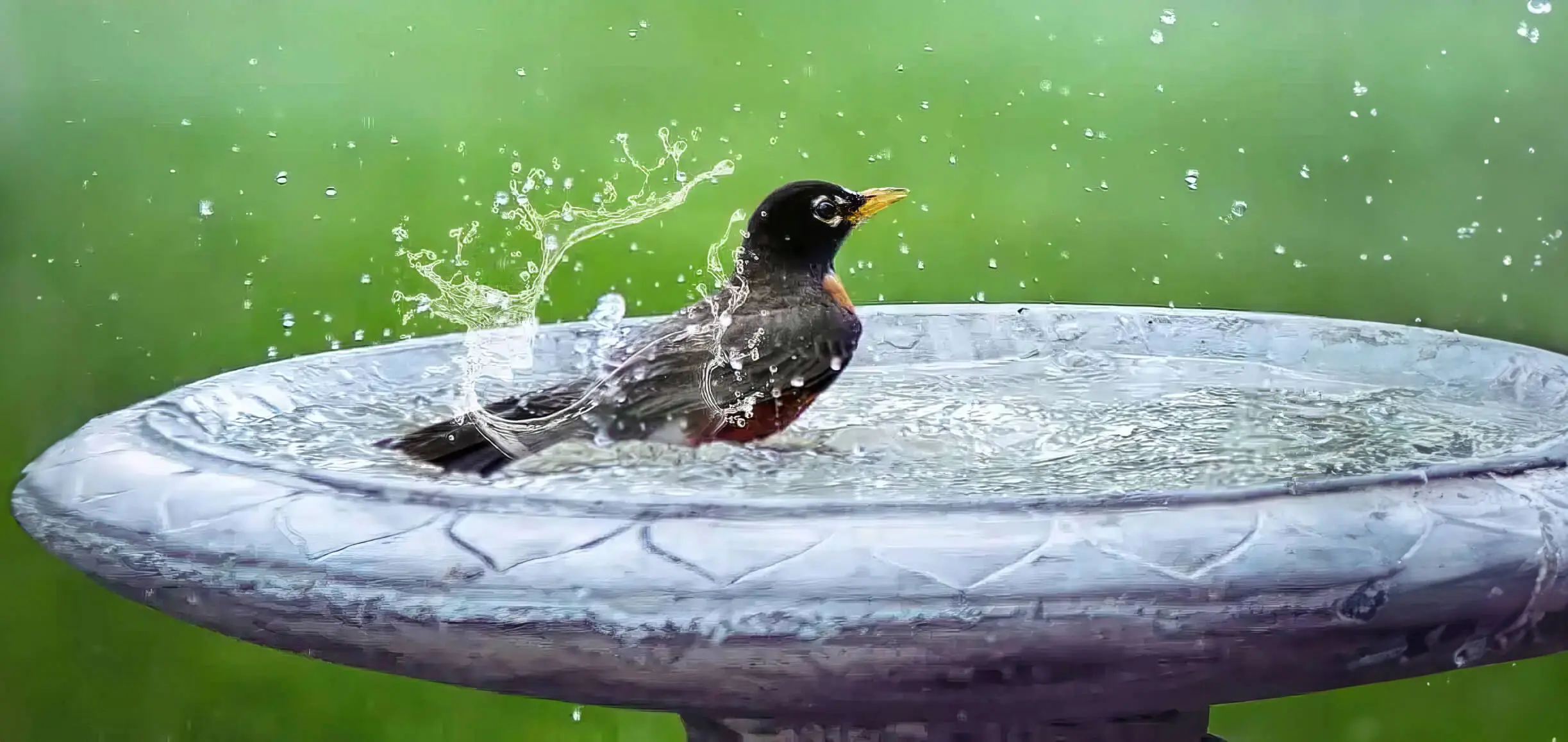
Multi-Pet Households
If you already have other pets, consider birds that can coexist peacefully with them. For instance, consider smaller parrots likeQuaker parrots, which tend to be adaptable and can thrive in multi-pet households.
Apartment or Small Living Spaces
For individuals living in apartments or smaller homes, smaller bird species like finches or canaries are well-suited due to their compact size and lower noise levels.
Pet Enthusiasts
Pet enthusiasts with experience and time to devote to their feathered friends may enjoy the interactive and playful nature of larger parrots like macaws or Amazon parrots. These birds can form strong bonds with their owners and thrive with ample mental stimulation.
Remember that every bird is unique, and individual temperaments can vary within species. Before bringing a house bird into your home, research their specific needs and consult with avian experts to ensure a seamless fit with your lifestyle.
Understanding House Bird Behaviour
Understanding the behaviour of your house bird is key to providing them with a happy and enriching life. Whether you have Poicephalus parrots, African grey, or other larger species, each bird has unique traits requiring attention and mental stimulation. Let’s explore some essential aspects of house bird behaviour to ensure your feathered friend thrives in their new home.
House birds are intelligent creatures that need mental stimulation to prevent boredom and maintain their well-being. Provide a variety of toys, puzzles, and interactive elements to keep their minds engaged and active.
Different species of house birds have varying life expectancies. Before bringing a bird into your home, research and understand the average lifespan of the species. This will help you plan for their long-term care and ensure you can provide a lifelong commitment to your feathered friend.
If you’re considering adding a new bird to your family, sourcing from a reputable breeder is essential. Reputable breeders prioritise the health and well-being of their birds, ensuring that you bring home a healthy and well-socialised companion.
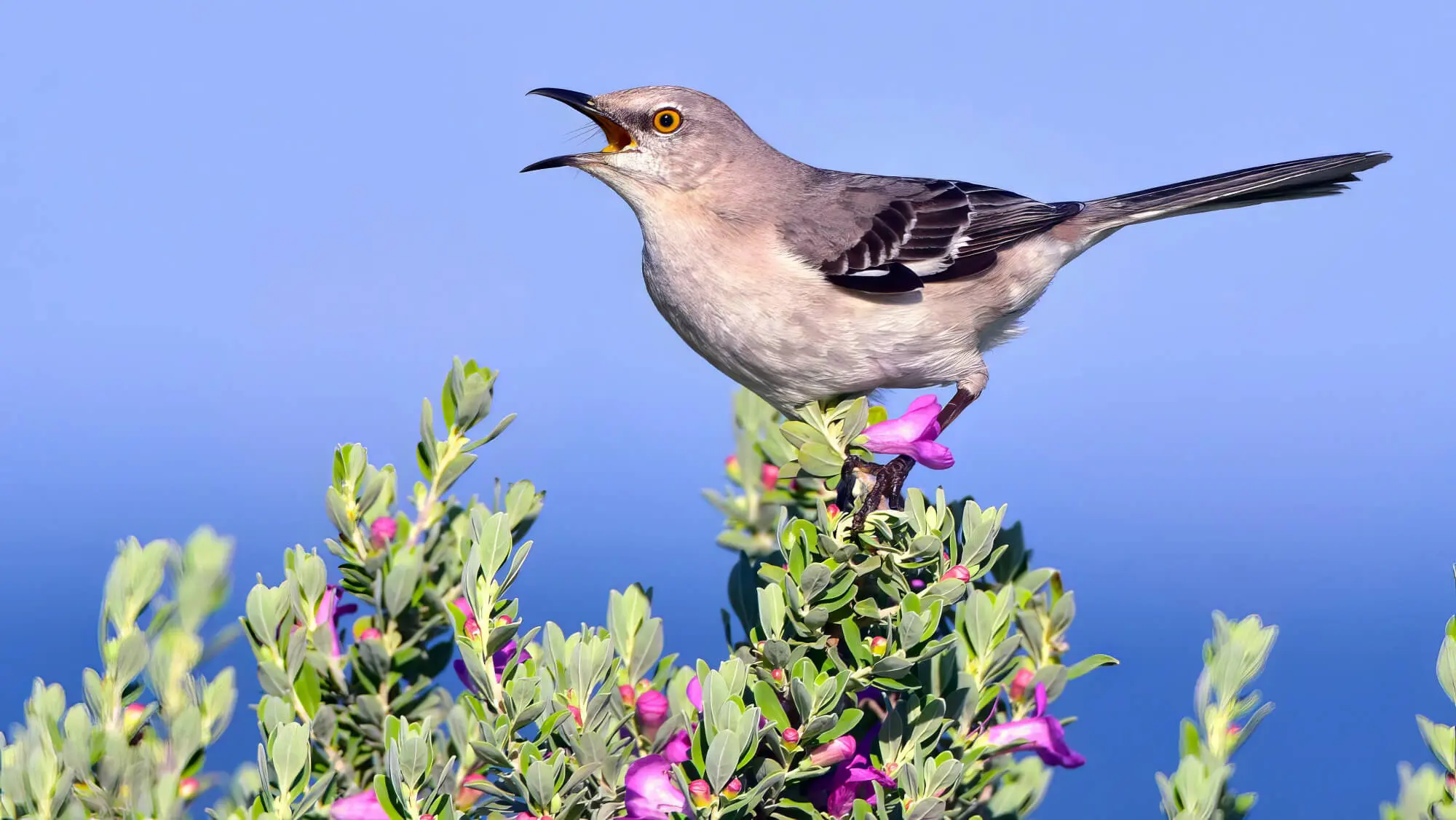
A balanced diet is crucial for the overall health of your house bird. Offer a variety of foods, including a high-quality seed mix, fresh fruits, vegetables, and pellets. Avoid using unsafe materials such as powder-coated steel for toys or cage components, as these can be harmful if ingested.
House birds need a space where they can safely retreat and feel secure. Place perches and toys strategically within the bird’s cage to create areas where your bird can relax and observe their surroundings.
This will help reduce stress and promote a sense of security. Schedule regular health checks with an avian veterinarian to monitor your bird’s health and address potential issues.
Internal parasites are common in birds, so preventive measures and early detection are essential for their well-being.
Like African grey parrots, most birds thrive on social interaction with their human companions. Spend quality time with your bird, engaging in activities like talking, playing, and training to strengthen your bond.
Understanding the behaviour of your house bird will help you provide them with a nurturing and enriching environment.
With mental stimulation, a balanced diet, and regular veterinary care, your feathered friend will flourish in your care and bring joy to your household for years to come.
From the Best Bird Cages to Nutrition And Everything in Between!
House birds can be wonderful companions, bringing joy, love, and a vibrant atmosphere. As we’ve explored in this comprehensive guide, choosing the right house bird requires thoughtful consideration of their needs, behaviour, and compatibility with your lifestyle.
You can create a harmonious and fulfilling relationship with your feathered friend by adhering to best practices in bird care and nutrition, providing a bird-friendly environment, and investing time in bonding and training.
Whether you have small birds like budgies, affectionate parrots like African greys, or any other house bird species, understanding their individual requirements is key to ensuring their well-being and keeping your bird healthy.
At Planet Pet, we take pride in offering high-quality bird supplies, nutritious bird food, and a wide selection of bird toys to cater to the diverse needs of our avian companions.
Our team of pet store experts with much experience is here to provide personalised assistance and support, making your journey into the world of house birds rewarding and enjoyable.
Remember, each house bird is a unique individual with its own personality, life expectancy, and preferences. Understanding and catering to their needs will forge a strong and lasting bond, transforming your house bird into a cherished family member.
With options for first-time bird owners and experienced pet enthusiasts, we encourage you to explore the wonders of pet birds and find the perfect feathered companion that will enrich your life in ways you never imagined.

